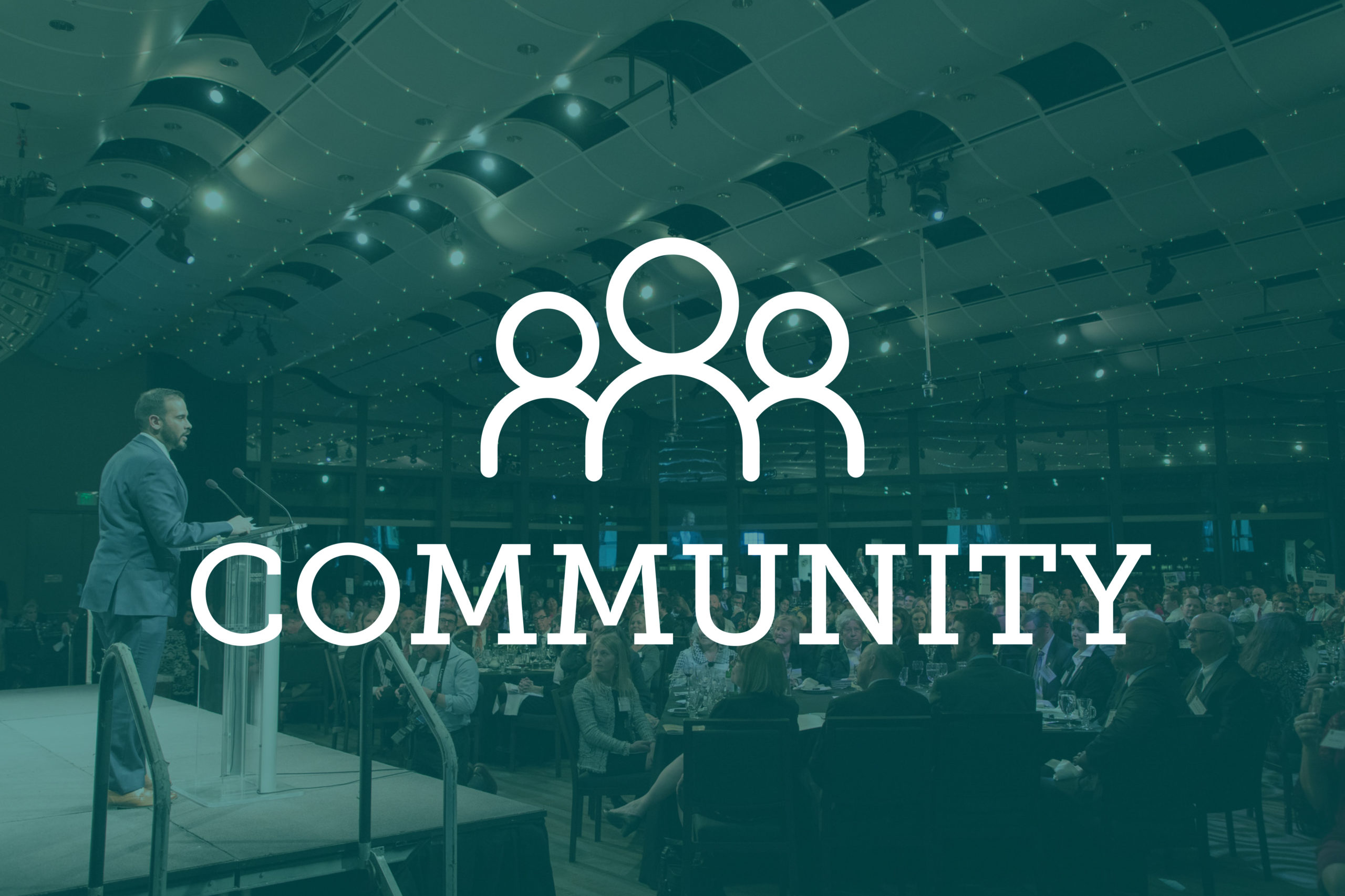

The judge who presides over Colorado’s attorney discipline cases hopes that if he talks to lawyers about the importance of professional behavior, he’ll see fewer misconduct cases end up in his court.
Presiding Disciplinary Judge William Lucero said professionalism and the rules of professional conduct are two separate issues, but they can overlap. There are times when a lawyer persistently acts unprofessionally, it could amount to an ethics complaint that ultimately places that lawyer in front of Lucero. “That’s a concern for me,” he said.
Lucero delivered these remarks in a talk on professionalism Thursday night at the Lindsay-Flanigan Courthouse in downtown Denver. The presentation, sponsored by the Colorado Hispanic Bar Association, brought together a group of lawyers and judges in attendance that included Colorado Supreme Court Justice William Hood.
The Office of the Presiding Disciplinary Judge is an independent office out of the Colorado Supreme Court. As the PDJ, Lucero presides over cases that involve attorney discipline and the unauthorized practice of law, as well as bar admissions cases involving character and fitness. A three-member hearing board decides the disciplinary cases, in which the Office of Attorney Regulation Counsel acts as the prosecution. The hearing board and the PDJ issued 67 disciplinary opinions in 2017 and 38 opinions so far this year.
Professionalism is about more than just being civil, Lucero said. The Colorado Bar Association’s Professionalism Coordinating Council defines professionalism as “conduct reflecting the values embodied in” the state’s oath of admission, the Colorado Principles of Professionalism and the Colorado Rules of Professional Conduct. “These values require attorneys always to act competently, civilly, and with integrity and to commit themselves to the public good and to furthering the interests of justice,” according to the definition.
“These are things that you swore to [including] treating the court with the respect it’s due, and other people,” Lucero told attendees.
Lucero stressed in his talk that unprofessionalism and professional misconduct that is punishable by sanction aren’t necessarily the same thing. Being rude to a witness or opposing counsel in the hallway outside the courtroom, for example, may be unprofessional behavior, but it may not by itself implicate formal rules. But even a single act of misconduct under the CRPC “can give rise to disciplinary charges that can substantially affect the lawyer’s life,” including losing their license to practice, Lucero said.
Lucero recounted several disciplinary cases that involved lawyers’ uncivil behavior that led to formal consequences.
One case Lucero heard in 2009, People v. Brennan, concerned a “confrontational” lawyer who was defending himself against complaints that he’d verbally abused court staff and opposing counsel in a trial. The respondent, Mark Brennan, won a seven-figure jury verdict in his case despite his behavior in court, which included rolling his eyes at the federal judge. The judge granted a new trial, however, over the misconduct.
That attorney behaved similarly in his disciplinary hearing, Lucero recalled, saying that Brennan showed up to the hearing 20 minutes late and called the proceeding a “kangaroo court.” “Needless to say, that way of proceeding wasn’t very helpful to him,” Lucero told attendees to laughter. The attorney was suspended from practice for a year and day.
“Some people would say, ‘He’s a heck of a lawyer, he got a million-dollar judgment,’ “ Lucero said. “Yes, he did. But he was reversed.”
Another example involved a lawyer’s behavior online. In July 2016, the hearing board suspended an attorney for six months because of how he responded to negative reviews rom his clients on Avvo. Defending himself online from the critical posts, Lance Isaac’s replies included information related to those clients’ cases, including “how he was paid, and allegations that one of the clients engaged in criminal conduct,” according to the opinion in People v. Isaac. Those disclosures of client confidences violated CRPC 1.6(a), the board found.
Lucero said he often hears lawyers say there’s only a small percentage of their peers who behave unprofessionally. Those few bad actors, lawyers say, continue acting out in court because judges don’t call them on it enough. Lucero said that formal consequences tend to come for unprofessional lawyers down the road. “If it keeps going, at some point, they’re going to run afoul of the rules of professional conduct.”
But besides avoiding his courtroom, there are of course intrinsic benefits to practicing law with professionalism, Lucero said.
“For one thing, it makes you a healthier lawyer. If you act professionally, and you’re accepted by your peers and the judges as someone who’s a person of integrity, you’re going to have respect for yourself, and others are going to have respect for you, and that’s going to make for a better career for you — a longer career, a more rewarding career.”
— Doug Chartier

